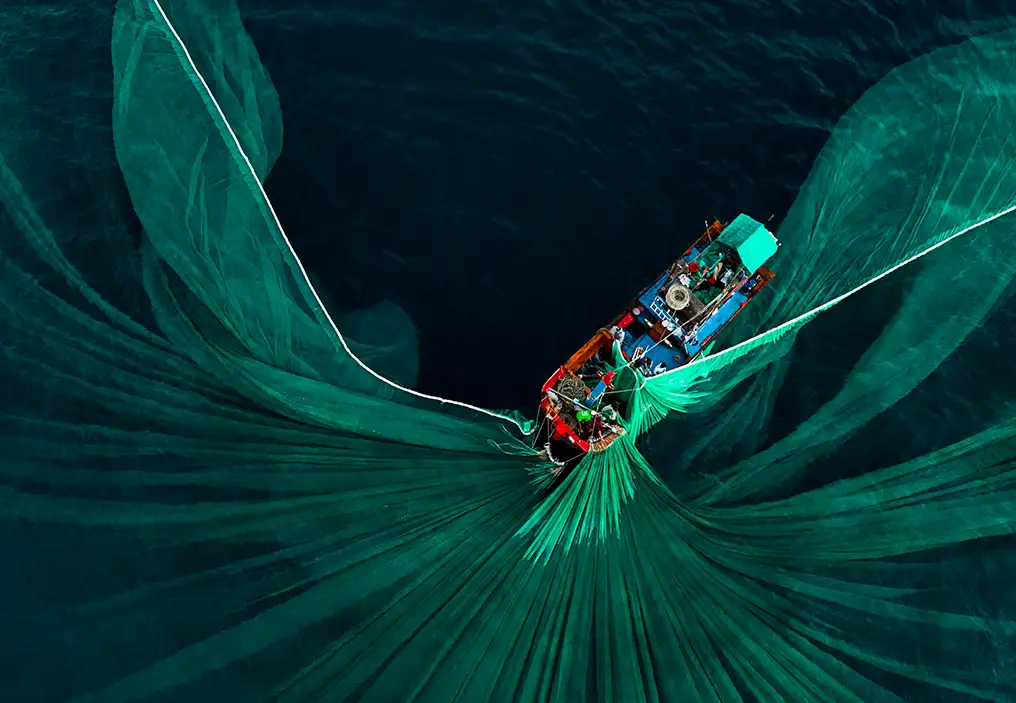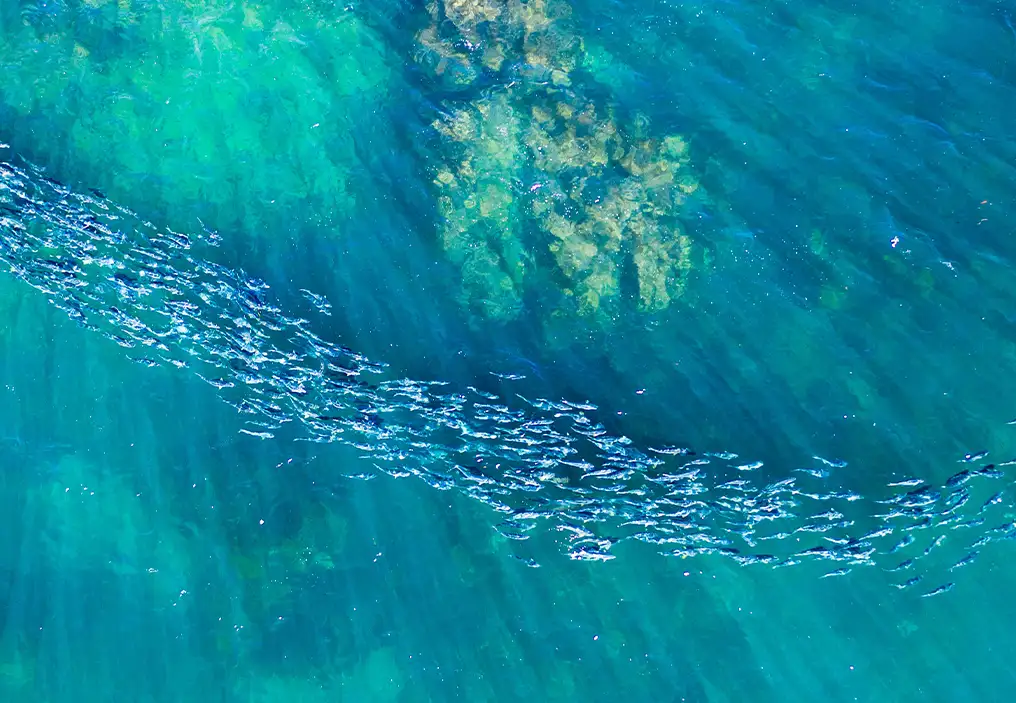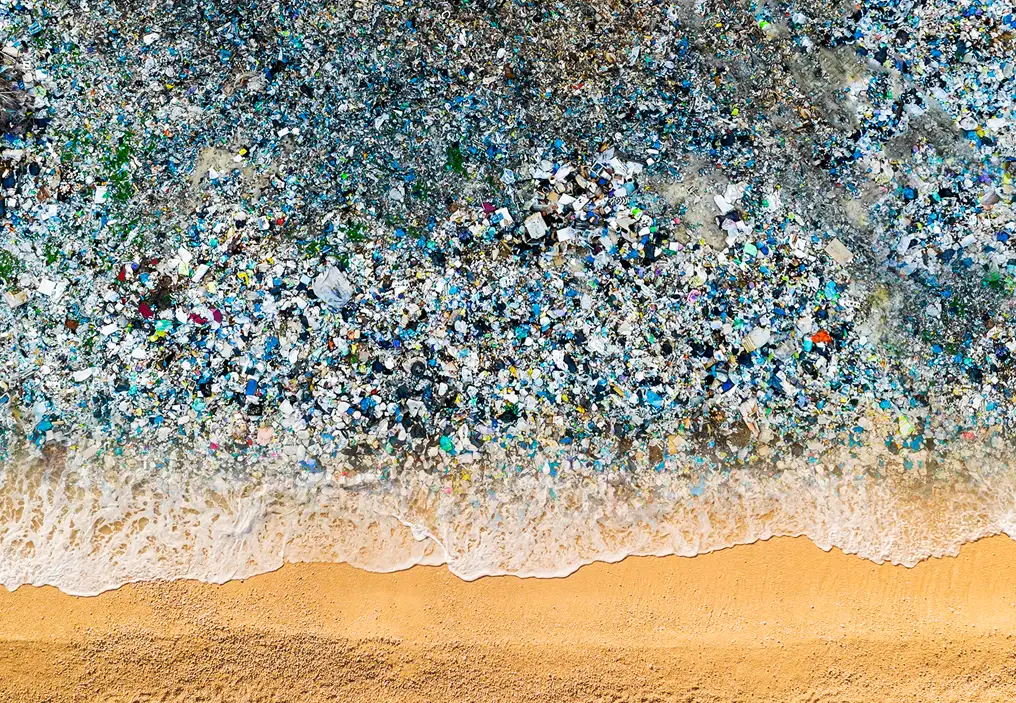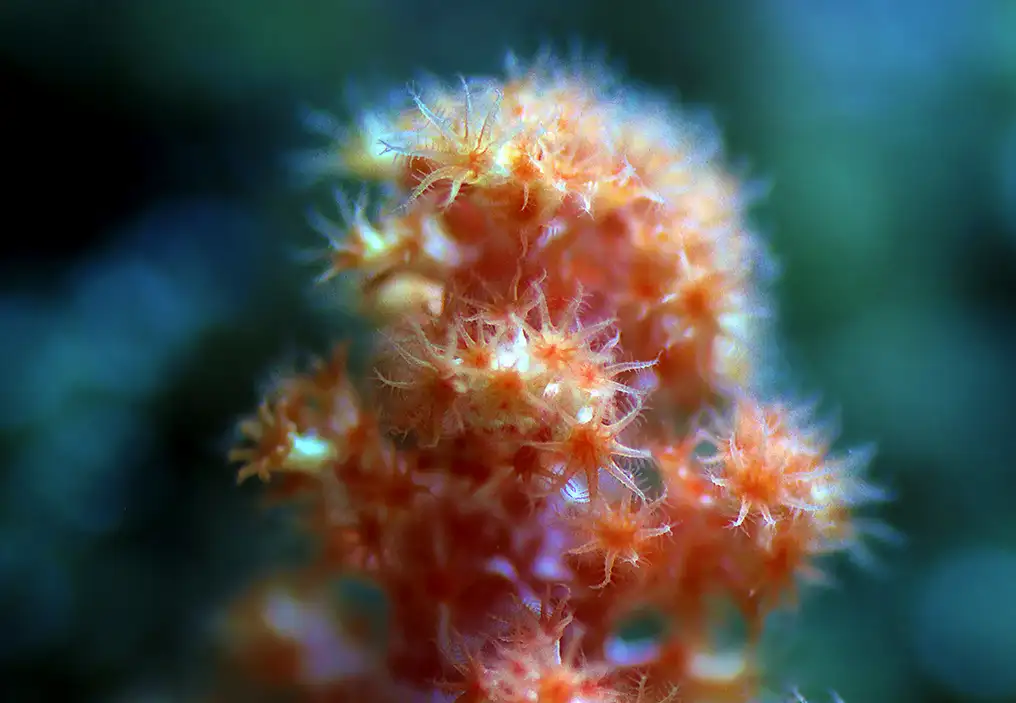From standing up against deep-sea mining bans to record support for the High Seas Treaty – discover four of the biggest outcomes from the 2025 UN Ocean Conference (UNOC3), and how Minderoo is helping turn ambition into action for ocean protection.
UNOC3 was the most anticipated global ocean summit of the year – and arguably, our lifetime.
Held in Nice, France from June 9 to 13 2025, it brought together world leaders, scientists, Indigenous custodians, young people and ocean advocates at a critical moment for our planet.
Everywhere we look, the signs are clear: our oceans are in trouble.
Coral reefs are bleaching. Fisheries are collapsing. Oceanic life is being destroyed on an industrial scale.
UNOC3 presented a rare opportunity to change course – to rally nations, secure meaningful commitments, and turn the tide on the damage caused to our oceans by human activity.
And thankfully, in more ways than one, it delivered on those goals.
Below, we’re sharing four of the most impactful outcomes from the summit – along with a few key areas we’re still actively advocating for as we work to protect and restore our ocean.
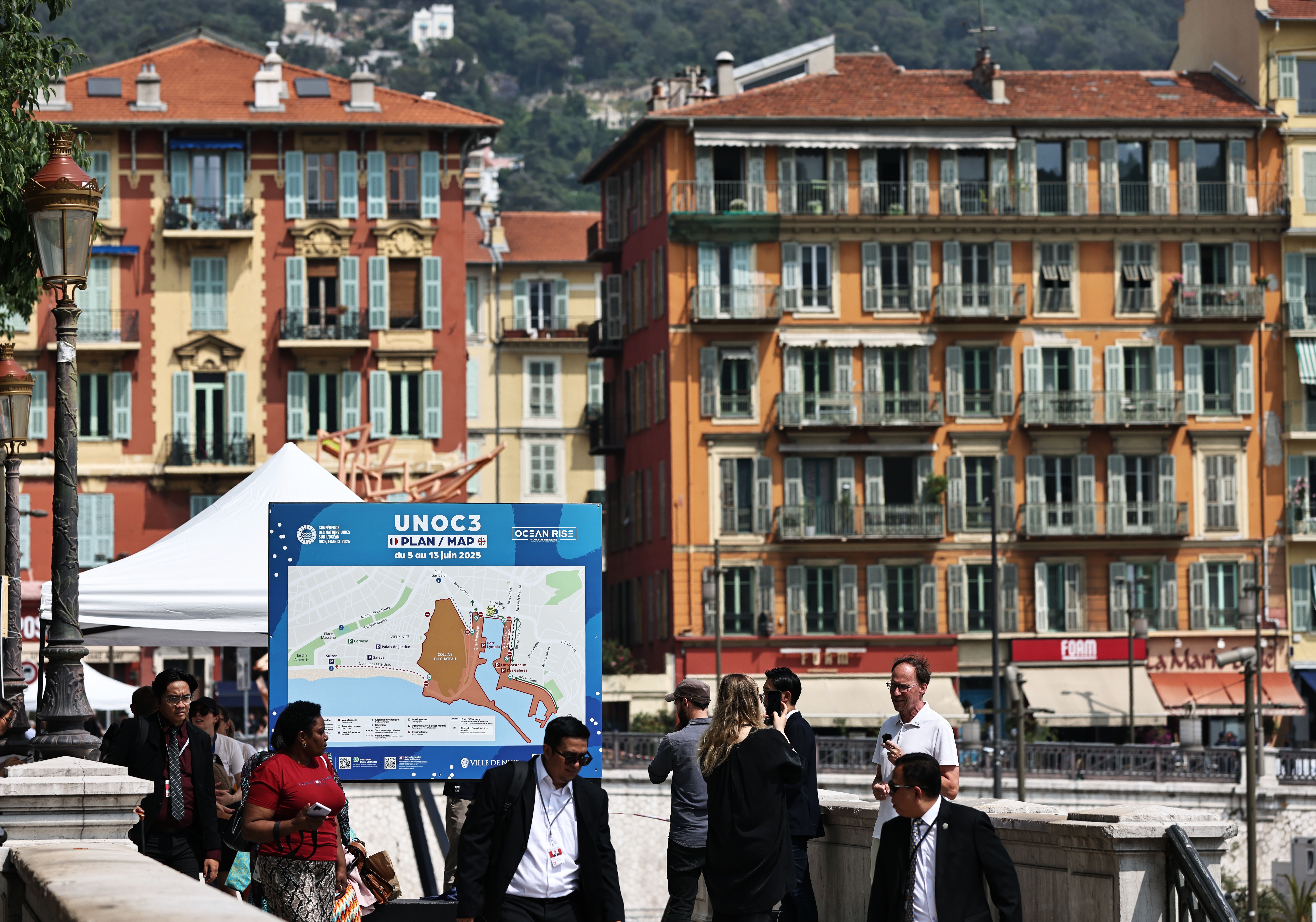
1. 51 UN Member States have ratified the BBNJ agreement (aka the High Seas Treaty)
Did you know that 61 per cent of the ocean lies beyond national borders?
That’s nearly two-thirds of our ocean – and so far, they’ve been some of the least protected areas on the planet.
First adopted in June 2023, the BBNJ agreement – or the High Seas Treaty – aims to protect marine biodiversity in these international waters.
Despite being home to some of the world’s richest ecosystems, these waters remain largely unregulated.
Did you know? BBNJ stands for Biodiversity Beyond National Jurisdiction.
To officially come into force, the BBNJ agreement needs 60 countries to ratify it.
Before UNOC3, only 22 had signed on.
Since then, 51 countries have stepped up – more than doubling global support.
That means we’re just nine countries away from unlocking a powerful global treaty to protect ocean life.
Key focus areas of the agreement include:
- Fair sharing of marine genetic resources (like eDNA)
- Establishing area-based protections such as marine protected areas
- Research and environmental impact assessments
- Capacity-building and technology sharing across nations

2. Stronger support for a moratorium on deep seabed mining
One of the summit’s landmark outcomes was the UK’s announcement of a ban on bottom trawling within its marine protected areas – a move that will safeguard over 30,000 square kilometres across 41 protected zones.
But that wasn’t all.
Support for a precautionary pause (moratorium) on deep seabed mining has grown significantly – from just 12 countries in 2022 to 37 in 2025.
And it’s not just governments taking a stand.
Sixty-four companies – including the likes of Google, Volkswagen, and Patagonia – have joined the call through a World Wildlife Fund-led business statement, urging caution until more is known about the risk deep seabed mining poses to marine ecosystems.
3. More states ratified the WTO “Fish 1” agreement
UNOC3 brought renewed attention to the WTO Agreement on Fisheries Subsidies, which targets harmful government funding that encourages overfishing.
102 countries have now ratified the agreement, bringing us within striking distance of the 111 needed for it to take effect.
This is a key step towards reducing pressure on global fish stocks and building sustainable fisheries.
4. Momentum is building for a Global Plastics Treaty
Another major milestone: 95 countries reaffirmed support for a legally binding Global Plastics Treaty.
This comes after stalled negotiations in 2024 – and ahead of final talks in August 2025.
The aim? A treaty that not only reduces plastic pollution but also:
- Improves regulation of toxic chemicals,
- Protects ocean ecosystems,
- And safeguards human health.
With 170 countries at the negotiating table, majority support shows that global ambition is high – and the urgency is clear.
UNOC3 showed what’s possible when global ambition meets collective action.
But the work isn’t done.
At Minderoo, we’re committed to not just calling for change – but helping to fund, legislate, and enforce it.
Here’s where we’re putting that into action:

We’ve committed an extra AU$25 million to ocean protection
Our total ocean investment now stands at AU$170 million.
The additional funding will help:
- Strengthen marine protected areas
- Defend the high seas
- Advance eDNA research with UNESCO
- Enhance real-time vessel tracking
Caption: Dr Andrew Forrest presenting at the UNOC3 conference in Nice.

We’ve partnered with UNESCO to scale up eDNA monitoring
Through AU$3.5 million in funding, the next phase of our Expeditions program will help survey biodiversity at 25 marine World Heritage sites across the globe.
With a target of 3,000 environmental DNA samples, this effort will vastly improve our ability to monitor and protect marine life.
Because if we don’t know what’s there, we can’t protect it.
Caption: Minderoo Foundation’s Holly Buschman with the Executive Secretary of IOC-UNESCO, Vidar Helgesen.
We’re backing a new approach to support fair and sustainable fishing
We’re backing the Flourishing Oceans Commercial Fishing Act (FOCFA) – a new enforcement model that flips the script:
You report – you win the license or vessel.
This incentivises legal operators, exposes illegal actors, and helps governments reclaim lost revenue. It makes protection not just possible – but profitable.
We’re relaunching the Global Fishing Index in 2026
We’re relaunching the Global Fishing Index, a tool that tracks how much fish biomass remains – and holds companies, countries, and fleets to account.
With this data, we can:
- Rank Exclusive Economic Zones by the amount of remaining fish biomass
- Engage and pressure industry
- Support regulators with clear reporting channels
- Drive reform from the inside out
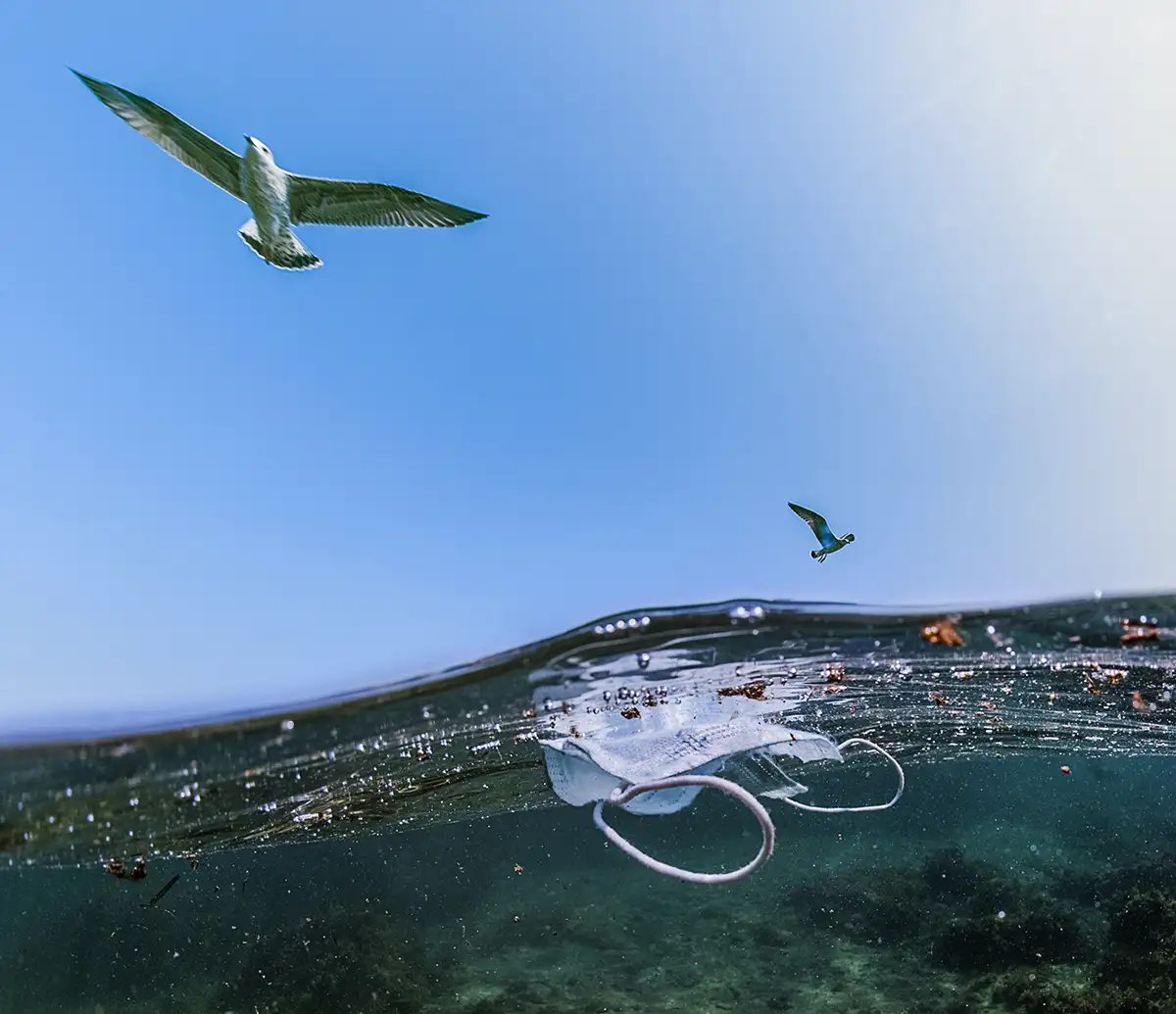
We’re supporting the creation of polymer premium for plastic producers
Plastic producers should be held accountable for their impact.
We’re supporting the introduction of a polymer premium: a fee on plastic producers that reflects their contribution to pollution and human health risks.
It’s a bold step toward real accountability – and a deterrent to unchecked plastic production.
UNOC3 proved what we already know: global cooperation is possible. And when it comes to the ocean, the stakes couldn’t be higher – or more universal.
Because no matter who you are or where you live, the ocean connects us all.
It gives us life. And now, it needs our protection in return.
Let’s keep the momentum going — and help forge a fair future for people and planet alike.
